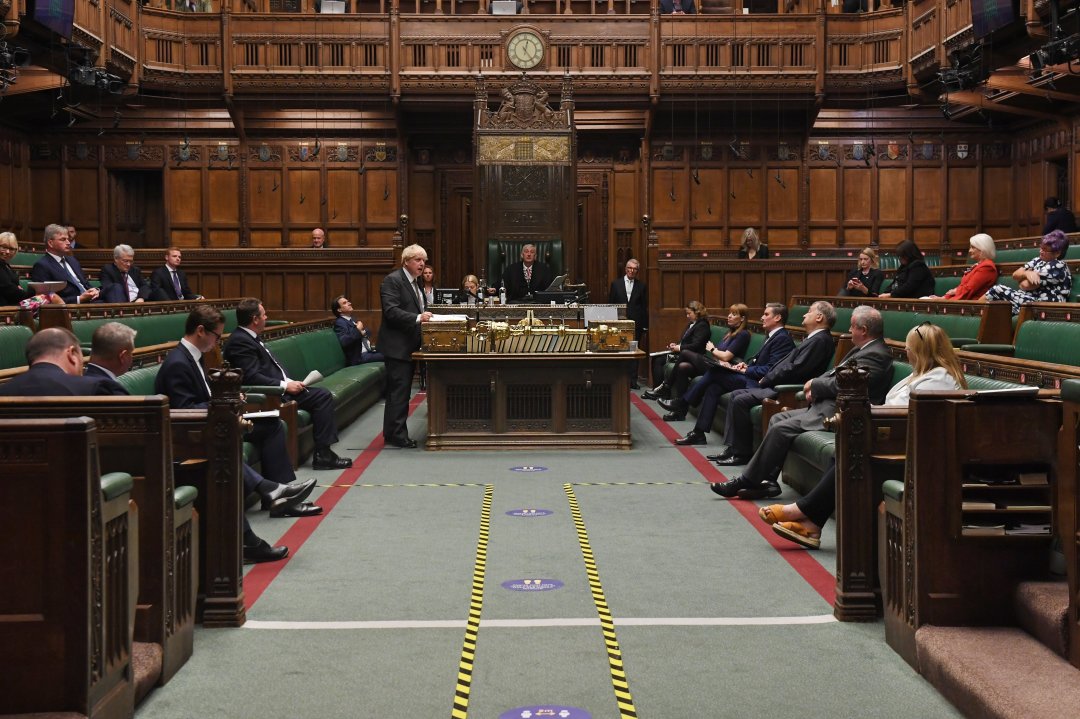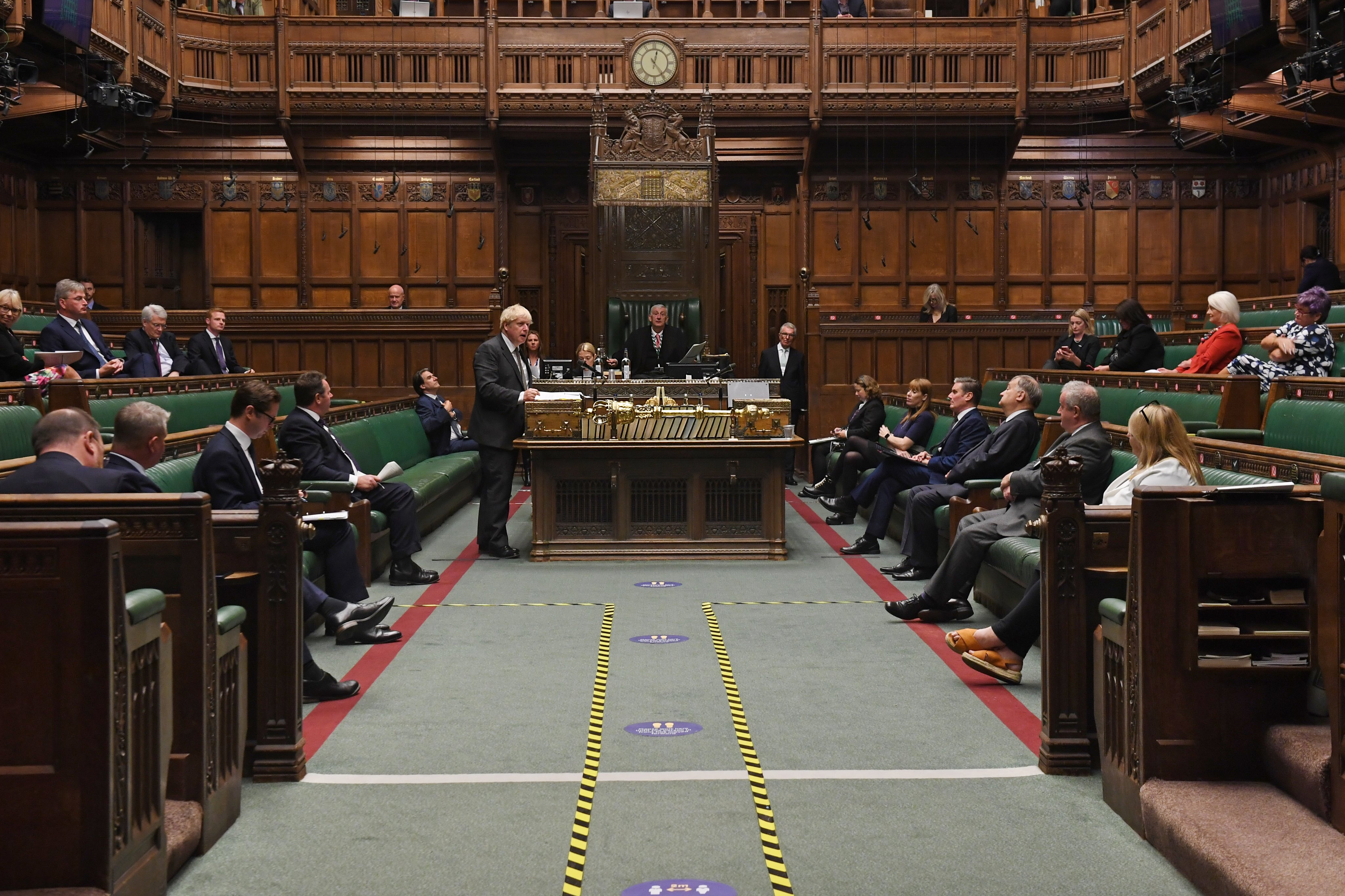Monday night’s Commons debate showed the extent of Tory backbench frustration with ministers over their refusal to consult parliament on increasing coronavirus restrictions. But it also showed that the situation isn’t beyond repair. MPs were blunt in their criticism of the government but were also polite and clearly keen to avoid a stand-off. Parliamentarians just want the government to move to a new phase of managing the pandemic; one involving greater scrutiny.
Almost everyone who spoke in the debate took care to praise ministers for dealing with an unspeakably difficult situation. Aside from Desmond Swayne, who fulminated that Boris Johnson may have been ‘abducted by Dr Strange-glove’, most Tories weren’t angry but rather anxious about where things were going.
MPs resent ministers assuming that they are doing the right thing
Steve Brine, for instance, was aggressively supportive of his ministerial colleagues for the scale of the challenge they were facing, complaining that too many people were demanding certainty when that simply wasn’t possible. But he then said he feared that the consent of the British public was ‘slipping away’ and that his constituents couldn’t understand the logic of many of the measures. He raised two questions: first, asking why young children are included in the rule of six in England and then asking what evidence there is for the 10 p.m. curfew. Brine said he didn’t know the answer to either question.
Some were regretful: Nusrat Ghani told the chamber that she couldn’t instruct her constituents to stay away from their families at Christmas or to avoid visiting relatives in care homes, while Pauline Latham said she’d advise students to defy the rules and go home for Christmas anyway. However, she also said she would probably support new restrictions but that ministers needed to present their arguments in parliament rather than just ploughing ahead with them, adding: ‘I would like to have a say in what we are doing.’
Other MPs made similar arguments. It is not that they disagree with the powers per se, they told the chamber, but that they resent ministers assuming that they are doing the right thing such that parliament cannot even test their arguments.
Steve Baker, one of the leading figures in the threatened rebellion that would give parliament a say on renewing the government’s powers, argued that ministers should subject themselves to the inconvenience of coming to the Commons:
I know it is inconvenient for ministers to come to the House before they take away people’s liberties, but I say to ministers: it is supposed to be. It is what keeps us a free people.
The meeting with the whips was ‘constructive’, Baker told the chamber. But it is clear that the would-be rebels are expecting the government to offer a concession rather than trying to talk them down. Even if No. 10 does this and averts a rebellion on Wednesday, there is still the bigger question of whether ministers really are going to give the Commons the respect that so many of its inhabitants now feel they deserve.
MPs are no longer going to stomach government by decree: they think they can improve the pandemic response with their feedback and scrutiny. If No. 10 refuses to accept this new phase of the crisis, Wednesday’s potential rebellion is just going to be the first in a long series of stand-offs with MPs who still believe that they are ultimately trying to be helpful.








Comments